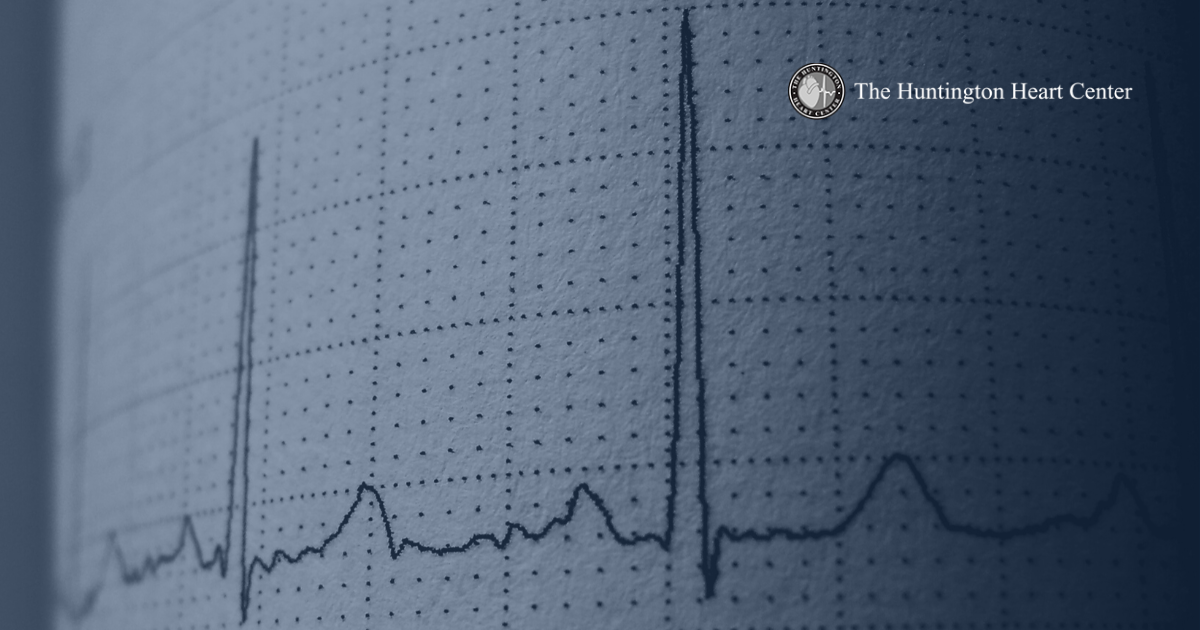When Should You Get an Irregular Heartbeat Checked?
An irregular heartbeat can occur in just about any patient, regardless of gender, age or lifestyle, although it is more common in older patients who are suffering from obesity or excess weight. The duration and severity of the irregular heartbeat can vary widely between patients as well. Some patients may notice a small flutter occasionally, which may or may not get worse over time. Other patients may find themselves going to the hospital thinking that they are having a heart attack because the irregularity is so severe and persistent. These episodes can last anywhere from a few seconds to days, weeks or even months.
While the cause, severity and duration of an irregular heartbeat may vary drastically, every irregular heartbeat has one thing in common – it should be checked out by a qualified medical professional as soon as possible. This is because irregular heartbeats, especially Afib or Atrial Fibrillation, can increase the risk of serious aftereffects, not least of which is stroke.
What your primary care physician can do
For many, the first step in the treatment of an irregular heartbeat is to visit their primary care physician, who will most likely perform a diagnostic EKG. This is a good start but may not discover the extent of the problem. This is because a regular EKG only is only a snapshot in time, while many arrhythmias are paroxysmal / occasional or unpredictable. Unfortunately, as a result, many patients do not get an accurate diagnosis and are sent home without appropriate treatment.
What your cardiologist can do?
Those who visit their cardiologist may be fitted with a Holter, or event monitor, which records irregular heartbeats over time. Once the data is analyzed, a proper diagnosis can be made. These longer-term monitors are ideal for catching arrhythmias that only occur on occasion. Once diagnosed, your cardiologist may create a diet and lifestyle modification plan to try to address the arrhythmia. They may or may not prescribe blood thinners such as warfarin, also known as Coumadin, to reduce the risk of stroke. Ultimately, while lifestyle and medical intervention is successful in some patients, many find that it either does not address their arrhythmia, or the side effects of medication are unacceptable.
What can your electrophysiologist do?
Many patients with arrhythmias do not know that there is a subspecialty of cardiology known as electrophysiology which focuses primarily on the electrical pathways of the heart. Electrophysiologists have specialized training that allows them to perform curative procedures, as well as administer lifestyle and medication management. Our physicians are leaders in a curative procedure for cardiac arrhythmias known as cardiac catheter ablation. Patients who qualify for an ablation can benefit from an arrhythmia resolution rate of over 80%. For many, this represents a welcome change from the side effects of medications.
Regardless of the treatment modality, the goal of managing an arrhythmia such as Afib is to reduce the risk of a catastrophic stroke. Secondarily, treating arrhythmias effectively also improves the patient’s quality of life, which can be severely compromised by significant arrhythmia symptoms.
Arrhythmias tend to be a degenerative condition, meaning that they rarely resolve or improve without treatment. Therefore, to reduce the risk of long-term cardiovascular problems, arrhythmias should be evaluated and treated at their earliest signs.
Next Steps
We encourage anyone who has concerns about the heart rhythm to schedule a consultation with one of our physicians to understand more about their condition and learn more about treatment options. Our physicians are dedicated to starting with only those treatments that are most conservative and most appropriate for the patient. That means that we take a stepped approach to patient care, ensuring that safety comfort and effectiveness are our top priority.








